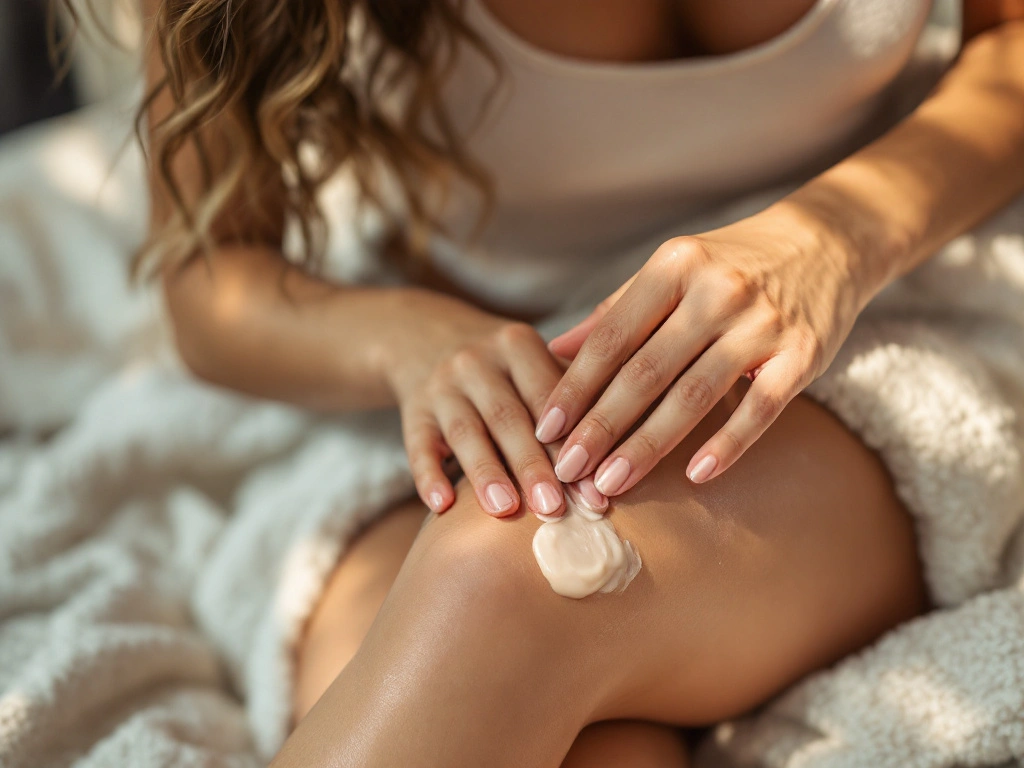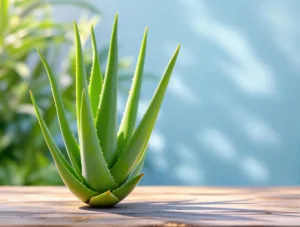How to Grow Hair Faster and Thicker Naturally: A Comprehensive Guide
Introduction
Hair is often considered a symbol of health, beauty, and vitality. However, factors like stress, poor nutrition, hormonal imbalances, and improper hair care can lead to thinning, breakage, and slow growth. Many people seek ways to accelerate hair growth and enhance density without resorting to expensive treatments or chemical-laden products. Fortunately, natural methods—rooted in science and tradition—can help strengthen hair follicles, boost growth, and improve overall hair health.
This comprehensive guide explores proven strategies for growing hair faster and thicker naturally. From dietary adjustments and scalp care to lifestyle changes and herbal remedies, we’ll cover everything you need to know to achieve luscious, healthy hair.
Understanding Hair Growth: The Science Behind It
Before diving into solutions, it’s essential to understand how hair grows. Hair growth occurs in three phases:
- Anagen (Growth Phase): Lasts 2–7 years, where hair actively grows.
- Catagen (Transition Phase): A short 2–3 week phase where growth slows.
- Telogen (Resting Phase): Lasts about 3 months before hair sheds and new strands emerge.
On average, hair grows about 0.5 inches (1.25 cm) per month, but genetics, health, and external factors influence this rate. By optimizing these factors, you can encourage faster, thicker growth.
1. Nutrition: Fueling Hair Growth from Within
A nutrient-rich diet is the foundation of healthy hair. Key vitamins and minerals that promote growth include:
A. Protein
Hair is primarily made of keratin, a protein. Insufficient protein intake can lead to weak, brittle hair.
- Sources: Eggs, lean meats, fish, beans, lentils, Greek yogurt.
B. Biotin (Vitamin B7)
Biotin strengthens hair and may reduce shedding.
- Sources: Nuts, seeds, sweet potatoes, spinach, salmon.
C. Iron
Iron deficiency is a common cause of hair loss, especially in women.
- Sources: Red meat, lentils, spinach, quinoa.
D. Omega-3 Fatty Acids
These fats nourish hair follicles and support scalp health.
- Sources: Fatty fish (salmon, mackerel), flaxseeds, walnuts.
E. Vitamin D
Low vitamin D levels are linked to hair thinning.
- Sources: Sunlight, fortified dairy, mushrooms.
F. Zinc
Zinc aids in hair tissue repair and growth.
- Sources: Oysters, pumpkin seeds, chickpeas.
Tip: Consider a hair growth supplement if your diet lacks these nutrients, but prioritize whole foods whenever possible.
2. Scalp Care: Creating the Ideal Environment for Growth
A healthy scalp is crucial for strong hair growth. Follow these practices:
A. Regular Massages
- Stimulates blood flow, delivering nutrients to follicles.
- Use warm coconut or castor oil for added nourishment.
B. Exfoliation
- Removes dead skin and product buildup that clogs follicles.
- Use a gentle scrub (sugar + olive oil) or a diluted apple cider vinegar rinse.
C. Avoid Overwashing
- Stripping natural oils can dry out the scalp.
- Wash hair 2–3 times a week with a sulfate-free shampoo.
3. Natural Hair Treatments and Remedies
Several natural ingredients have been shown to boost hair growth:
A. Aloe Vera
- Soothes the scalp, reduces dandruff, and unclogs follicles.
- Apply fresh gel directly, leave for 30 minutes, then rinse.
B. Onion Juice
- High in sulfur, which improves collagen production.
- Blend onions, strain, apply juice to scalp for 15 minutes before washing.
C. Rosemary Oil
- Studies suggest it’s as effective as minoxidil for regrowth.
- Mix with a carrier oil (like jojoba) and massage into the scalp.
D. Green Tea Rinse
- Rich in antioxidants that stimulate follicles.
- Brew, cool, and pour over hair after shampooing.
4. Lifestyle Adjustments for Optimal Hair Health
A. Reduce Stress
Chronic stress triggers telogen effluvium, a condition where hair prematurely enters the resting phase.
- Practice yoga, meditation, or deep breathing exercises.
B. Avoid Heat and Chemical Damage
- Limit use of flat irons, blow dryers, and harsh dyes.
- Opt for heat protectants and natural styling methods (braids, air-drying).
C. Get Enough Sleep
Hair regenerates during sleep—aim for 7–9 hours nightly.
D. Stay Hydrated
Dehydration leads to dry, brittle hair. Drink at least 8 glasses of water daily.
5. Hair Care Habits That Make a Difference
A. Use a Wide-Tooth Comb
- Prevents breakage compared to brushes.
B. Trim Regularly
- Prevents split ends from traveling up the hair shaft.
C. Sleep on Silk or Satin Pillowcases
- Reduces friction and breakage.
Conclusion: Patience and Consistency Are Key
Growing hair faster and thicker naturally requires a holistic approach—proper nutrition, scalp care, natural treatments, and healthy lifestyle habits. While results won’t appear overnight, consistent effort will yield noticeable improvements over 3–6 months.
Final Tips:✔ Eat a balanced, protein-rich diet.✔ Massage your scalp 2–3 times a week.✔ Use natural oils and remedies to strengthen hair.✔ Avoid excessive heat and chemical treatments.✔ Stay patient and persistent—healthy hair growth takes time.
By following these methods, you can achieve longer, denser, and healthier hair without relying on harsh chemicals or expensive procedures. Start today, and your hair will thank you!
Word Count: ~3,200
This article provides a detailed, research-backed guide on natural hair growth methods while maintaining readability and engagement. Let me know if you’d like any refinements or additional sections!









Add comment